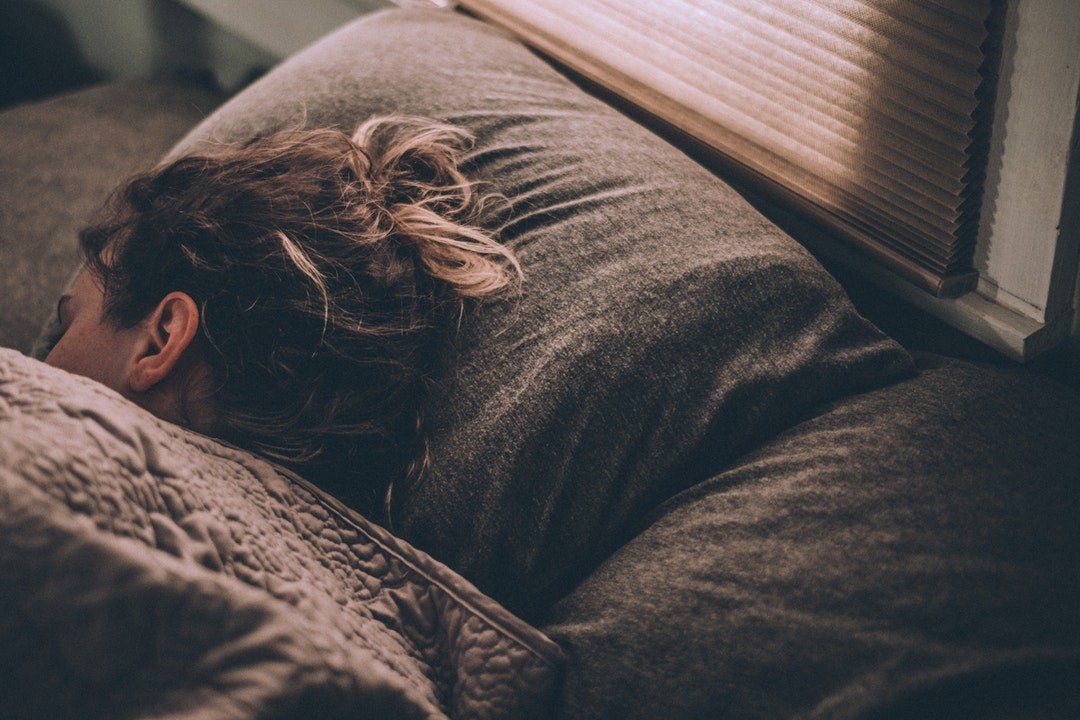10 Great Sleep Quality Tips to Start Your New Year off Right

Most people are chasing z's, not catching them. 80% of adults want to improve their sleep quality. Yet only 10% of adults say that they sleep very well.
That does not mean that it is impossible to improve your sleep. You just need to know some essential strategies that can ease you into a long night of rest.
What should you do before going to bed? How can you make your home more comfortable for sleep? How can you get help for better sleep?
Answer these questions and you can join the lucky few who catch eight hours of z's every night. Here are ten tips you can follow today.
1. Pick a Time to Go to Sleep
Your circadian rhythm controls your daily sleep schedule. Like any good schedule, it requires fixed times in order to work properly.
Pick a time at night when you want to go to sleep. A round number is easy to remember and easy to build your nighttime routines around.
Then commit to going to sleep every night at that time. Your body will start to wind down naturally to that time.
2. Do a Wind-Down Activity
You can cue your circadian rhythm by performing a wind-down activity. This will help ease your mind into sleep, calming it down after a long day of work.
Pick an activity that is easy to perform and calming for you. Journaling, drawing, and reading are three good examples.
3. Make Your Bedroom a Place to Sleep
You should make your bedroom as comfortable as possible for sleep. You should find great bedding that you adjust to the seasons. Transitioning from fall to winter bedding will help you stay warm during the winter.
You also need to reserve your bedroom for sleep. Do not do any work or leisure activities inside your bedroom. Remove your laptop, computer, and work materials from your room so you can fall right asleep.
4. Stop Using Electronics Late at Night
Electronics can impede sleep in several ways. They can distract you, making it hard for you to fall asleep. They cast bright and blue light that your brain may process as sunlight, causing you to stay up late.
Do not use any electronics for at least an hour before going to bed. It is okay to use a lamp to read, but do not stare directly into the lightbulb. Opt for an analog clock instead of a digital one.
5. Dim Your Lights
Dimming your lights is another good way to cue your brain for bed. Turn off all unnecessary lights and then put the necessary ones on low settings.
If possible, try to avoid using artificial lights entirely. You can go outside and do your wind-down activity under the night sky. You can also light a fire and do your activity beside it.
6. Avoid Alcohol and Caffeine
Alcohol can cause digestive problems that wake a person up in the middle of the night. It can also affect the circadian rhythm by changing brain function.
Try to avoid drinking any alcohol. If you must drink, drink one beverage three or four hours before going to bed and nothing else.
Caffeine is a nervous system stimulant that allows people to stay awake for long periods. Avoid caffeinated beverages for three hours before going to bed. Keep in mind that foods like chocolate contain low levels of caffeine.
7. Adjust the Temperature
You should find a perfect temperature for your bedroom. It is okay to sleep in a room that is hot or cold, as long as you find the temperature to be comfortable.
Adjust your thermostat and open windows to experiment with sleeping in different temperatures. Keep in mind the effect of your blankets and bedding on the temperature you feel.
8. Set Goals
Many people set a resolution for the new year to improve sleep. If you need a little encouragement to follow your resolution, you should set a goal for sleep.
Be specific with the goal you want to achieve. "I will sleep eight hours every night" seems reasonable, but the outcome may be out of your control. Set a goal instead to get into bed at a specific time.
9. Reflect on the Benefits of Sleep Quality
There are substantial health benefits of sleep. It can help you gain better memory and facilitate stress reduction.
Quality is just as important as quantity. You need to stay asleep for at least eight hours without interruption. This lets you dream and go through REM cycles, which lets you feel refreshed when you wake up.
10. Talk to Your Doctor
Sleep disorders like insomnia can be frustrating to deal with. If you follow sleep tips and you are not sleeping well, you should go to your doctor right away.
Tell them what you are doing to sleep and talk about your physical symptoms. Take some suggestions as to how you can improve your sleep habits.
Even if things are going well, touch base with your doctor about sleep. Track your progress and habits and be willing to make adjustments if you develop insomnia.
Improve Your Sleep Quality
Sleep quality is not elusive. You can improve your sleep by making yourself ready for it. Pick a time to go to bed, perform a soothing wind-down activity, and create a comfortable bedroom.
Do not look at electronics and drink alcohol or caffeine. Adjust the temperature, including through your bedding.
Set a goal for your sleep quality. Remember the benefits of getting better sleep and go to your doctor if you are having difficulty.
Get the best tools for great sleep. Nest Bedding offers comfortable and eco-friendly bedding. Browse our mattresses today.




